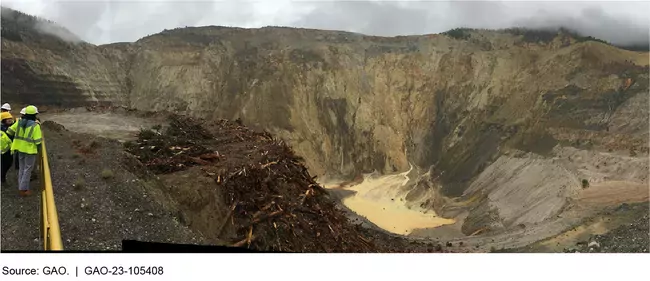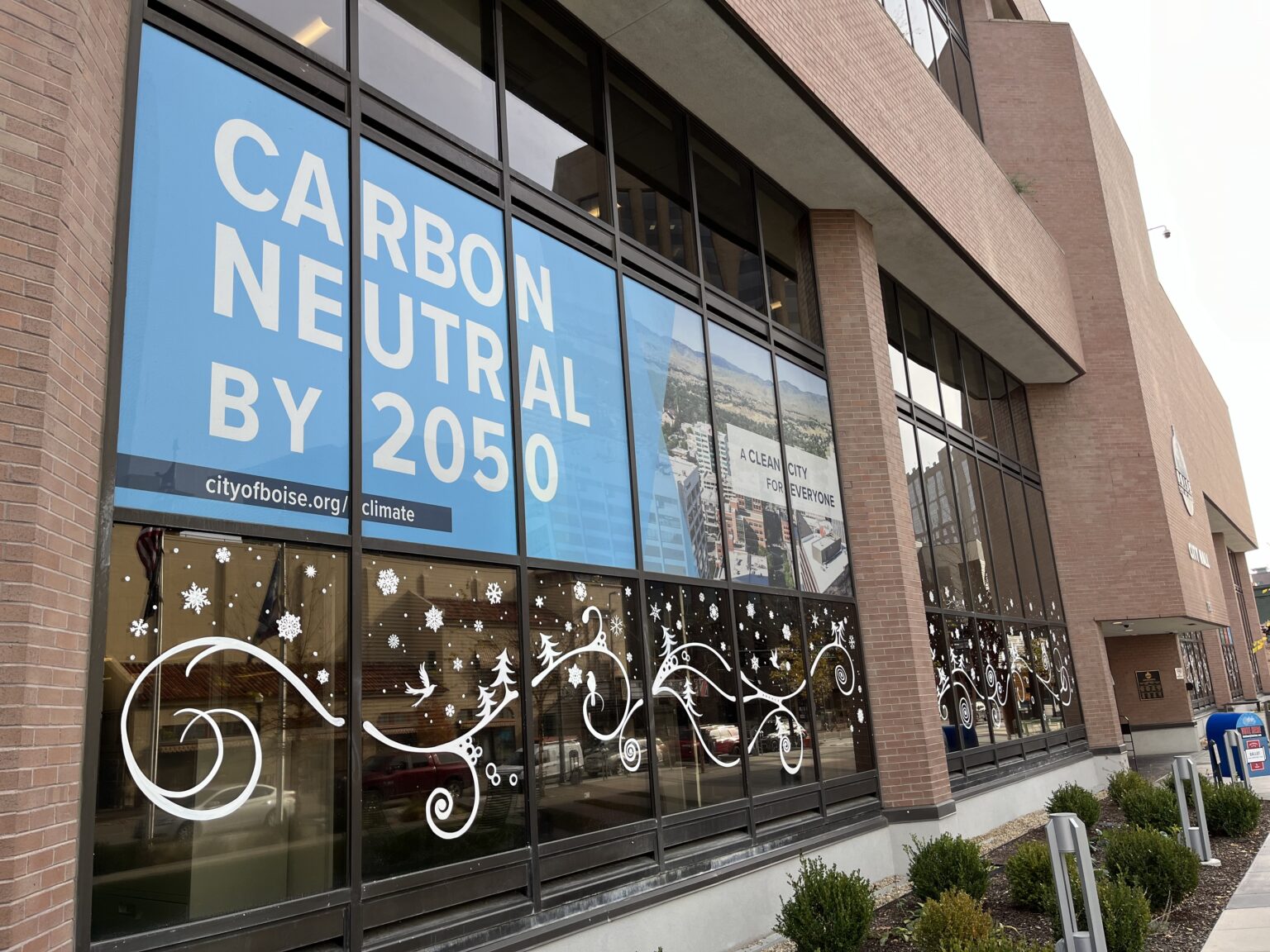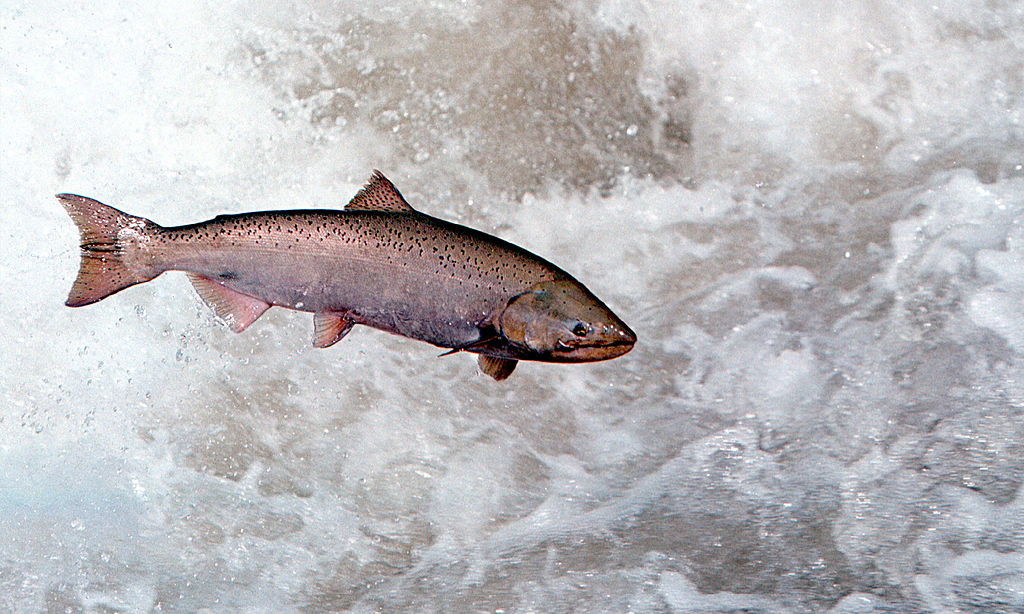A new federal regulation could expedite charity, local, and tribal efforts to clean up abandoned mining projects that are endangering Western rivers.
The law grants waivers from federal restrictions that had been impeding cleanups and creates a pilot program within the U.S. Environmental Protection Agency to allow the decontamination of 15 low-risk, abandoned mines that were constructed before to 1980.
Additionally, it would enable federal authorities to certify a state agency, nonprofit, or tribal government to carry out the task. These organizations would likewise be exempt from legal obligation for that work under the law if they were certified as Good Samaritans.
The new regulation would prevent any corporation that owns the mine or has a hand in pollution from being eligible.
U.S. Sen. Martin Heinrich, D-New Mexico, said in a written statement that Good Samaritans have been working to clean up abandoned mines for more than 25 years, but they have encountered many obstacles and liability laws that hold them accountable for all pre-existing pollution from a mine even though they had no prior connection to the mines.
Together with Senator Jim Risch, a Republican from Idaho, Heinrich supported the Good Samaritan Remediation of Abandoned Hardrock Mines Act. In the U.S. House and Senate, they had a large number of bipartisan cosponsors. The bill was signed into law by President Joe Biden on Tuesday.
The term “hardrock mining” describes the extraction of minerals other than coal. The legacy of pollution spills and tragedies caused by abandoned mines has cost taxpayers around $3 billion to clean up in the previous ten years, which is only a small portion of the estimated $50 billion needed to remove all contaminants. During floods or snowmelt, leftover pools containing sludges and hazardous wastes like heavy metals can seep into the soil and flow into neighboring rivers and streams.
According to a government inspector, there will be 390,000 abandoned mines on federal property across 13 states in 2020.
According to EPA estimates, mining damaged almost 40% of Western headwaters for rivers and streams; nonetheless, legal responsibility regulations would have obliged cleanup volunteers to incur legal risk under federal laws for the pollution they did not cause.
Projects that require digging or extremely contaminated mines where cleanup is being overseen by federal agencies would not be included.
The law opens up more mine cleanup projects that couldn t be attempted before, said Jason Willis, an environmental engineer with Trout Unlimited who leads a program to clean up mining contamination around the West.
Local and tribal governments, states and nonprofits can already clean up certain types of pollution, like runoff from mine waste piles or tailing piles, which would pollute streams during snowmelt or flooding.
However, Willis claimed that cleaning up pollution from a single source, such as a pipe or outfall, put too many legal barriers in the way of a third-party cleanup. Third-party volunteers attempting to clean up were subject to federal regulations designed to hold polluters accountable. Assuming legal responsibility and continuing to monitor and possibly purify the water for the foreseeable future were among these obligations.
It is hoped that these pilot initiatives, which were granted exemptions from federal regulations pertaining to polluter sanctions, will demonstrate the viability of a permanent program in the future.
Willis advised against allowing perfection to stand in the way of good. We can potentially do like a 70% improvement in water quality that would then support aquatic life, as opposed to 100% water quality that would be unachievable both financially and long term.
Finding the right projects across the West will take careful consideration, Willis said, but shrinking water resources from climate change and development make the cleanup all the more important.
In order to guarantee that we have part of those water resources available, I believe these initiatives will become increasingly significant in the future, he stated.
Source New Mexico,like the Idaho Capital Sun, is part of States Newsroom, a nonprofit news network supported by grants and a coalition of donors as a 501c(3) public charity. Source New Mexico maintains editorial independence. Contact Editor Shaun Griswold for questions:[email protected].
GET THE MORNING HEADLINES.
Note: Every piece of content is rigorously reviewed by our team of experienced writers and editors to ensure its accuracy. Our writers use credible sources and adhere to strict fact-checking protocols to verify all claims and data before publication. If an error is identified, we promptly correct it and strive for transparency in all updates, feel free to reach out to us via email. We appreciate your trust and support!



